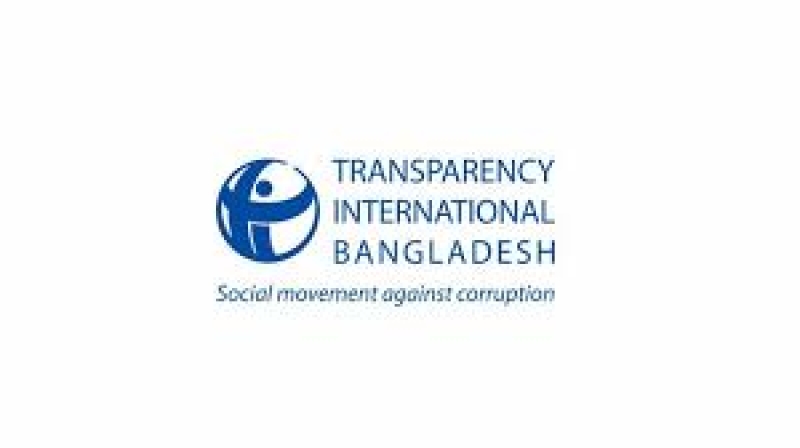- Israel Strikes Tehran with US Support Amid Nuclear Tensions |
- India Sees 9% Drop in Foreign Tourists as Bangladesh Visits Plunge |
- Dhaka Urges Restraint in Pakistan-Afghan War |
- Guterres Urges Action on Safe Migration Pact |
- OpenAI Raises $110B in Amazon-Led Funding |
TIB Cautions Against Donor-Driven Automation Project

Despite multiple high-cost digitisation initiatives over the past decade, Bangladesh has seen minimal improvement in revenue collection and transparency in public expenditure management. Transparency International Bangladesh (TIB) has voiced strong concerns over the government’s plan to initiate another automation project—this time worth BDT 1,000 crore—with World Bank support, warning against repeating past mistakes and calling for prioritisation of domestic technological capacity.
In a statement issued Tuesday, TIB criticised the move to launch a new large-scale automation initiative without first evaluating the shortcomings of previous projects. The anti-corruption watchdog said the government appears to be blindly following donor prescriptions, while failing to address corruption, inefficiency, and underutilisation of local expertise in the revenue system.
The planned initiative, developed with the World Bank, includes a five-year programme titled Strengthening Institutions for Transparency and Accountability (SITA), with a proposed budget of USD 250 million. The project aims to automate income tax management, improve statistics, enhance public procurement transparency, and strengthen audit processes.
However, TIB Executive Director Dr. Iftekharuzzaman cautioned against repeating the mistakes of earlier donor-led initiatives. “Three major projects over the past 15 years, designed to digitise revenue operations, have yielded little to no improvement. Filing income tax returns and VAT collection remain largely paper-based. Corruption and harassment persist, and fraud, tax evasion, and money laundering remain unchecked,” he said.
Dr. Zaman pointed out that Bangladesh’s tax-to-GDP ratio—a key indicator of revenue performance—has declined over the past decade. In FY2024, the ratio fell to 8.5%, compared to 9.1% twelve years ago. The long-term average is even lower at 7.4%, placing Bangladesh among the countries with the lowest tax mobilisation rates globally.
“The fundamental question is: why did previous projects fail? Was it due to the National Board of Revenue being compromised by entrenched corruption syndicates? Or was it due to a reluctance to tap into domestic technological talent and capacity? Or perhaps an inconsistent and poorly implemented tax policy?” he asked.
Referring to earlier experiences, Dr. Zaman said software provided under a previous automation initiative failed to function and was ultimately abandoned, while a cost-effective local e-return system had to be developed instead. Another project involved procurement of commercial off-the-shelf (COTS) software under donor conditions, which led to operational complications due to vendor lock-in.
TIB has called for technologies in future projects to be selected based on practicality, sustainability, and alignment with local capacity—not donor preference. “Before committing to another high-cost initiative, serious consideration must be given to building the NBR’s technical infrastructure using local expertise and innovation,” Dr. Zaman said.
Raising further concerns, he questioned the rationale behind a proposal to establish a SAP (Systems, Applications, and Products) skill development centre under the new project using borrowed funds. “Why is such a specialised centre being created, and who stands to benefit? There must be transparency. We must also be cautious of any long-term vendor dependency being imposed on the revenue department,” he added.
TIB urged the government to ensure any new automation project leverages artificial intelligence (AI) and local tech talent to simplify tax processes and reduce evasion, instead of resorting to imported solutions that have repeatedly failed to deliver results.

